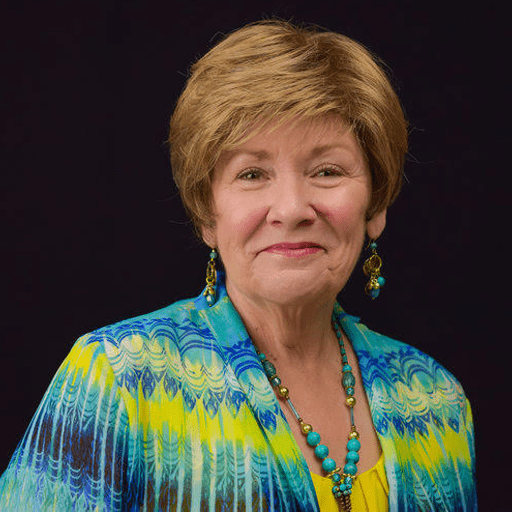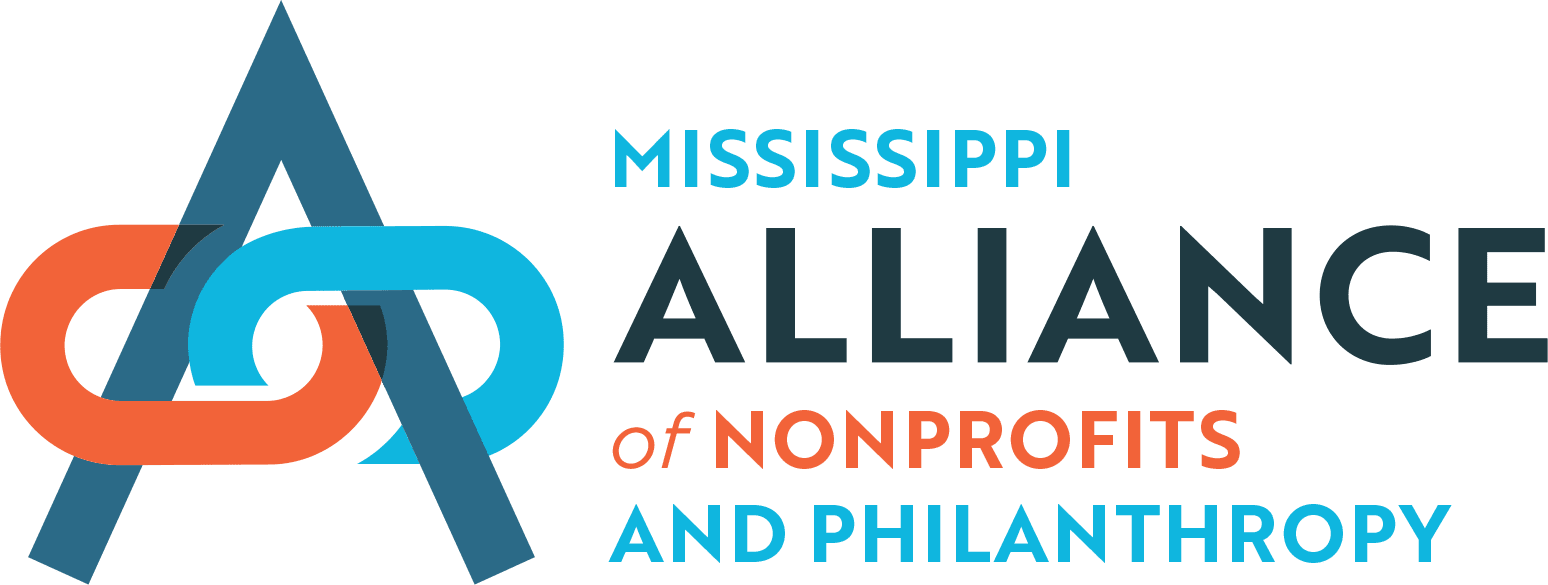Excellence in Action: Two Perspectives

Executive Director
Community Care Network, Inc.
Recertification
Why do we maintain our Excellence in Action (EIA) certification? Because the families and children we serve deserve the best we can give them! In 2011, Community Care Network became one of the first four agencies in Mississippi to receive EIA Certification. As the founder of a small but expanding nonprofit on the coast, I knew that achieving this certification and adopting the Principles and Standards for Nonprofit and Philanthropy Excellence© would help us to strengthen and expand our organization and programs and benefit our communities. We have tripled our budget, staff, and the number of families we serve, and I believe the best practices adopted after receiving EIA certification continue to be a significant factor. We now have new Board of Directors members and new key staff members, and even though we don’t need to recertify until next year, we have chosen to attend the upcoming Boot Camp.
Why? Because our staff and Board members need the best information available to sustain our organization. That is what they will receive at the EIA training. I would highly recommend this training and certification for all nonprofits, whether new or more experienced. Our sector is constantly evolving, and we must learn all we can to serve our clients with Excellence!
Custom Training

Executive Director
Emmett Till
Memorial Commission
Last month, we at the Emmett Till Memorial Commission requested a custom Excellence in Action training with the Mississippi Alliance of Nonprofits and Philanthropy—a training just for our executive board and director-level staff. The custom training was invaluable for us at this time when our organization has achieved one of its primary goals—the restoration of the Tallahatchie County Courthouse, the site of the trial of two of Emmett Till’s murderers—and is now looking to its next chapter.
The trainers went above and beyond, providing us with feedback on our organization’s documents, policies, and practices, as well as detailed recommendations for moving forward, including sample verbiage and draft policies. The training clarified the division of responsibilities between board members and staff, including spelling out the three duties of all board members with clear examples. They offered guidance on best practices regarding financial management, ethical fundraising, and board and staff performance evaluation. The custom training also allotted time for all board members and staff to practice reading and interpreting our monthly financial statements and tax documents, a skill that will continue to pay off.
We ended the training with a list of tangible, achievable improvements to the functioning of our organization. In conjunction with completing the EIA certification checklist, these improvements will ensure that we are legally compliant and utilizing best practices. When the training concluded, it was evident how valuable the EIA training would be for all of our board members as an orientation to their roles as Directors of the Emmett Till Memorial Commission. We highly recommend the EIA certification process for all nonprofits.
Patrick Weems, Executive Director Emmett Till Memorial Commission
Related Articles
A message from your executive director…
A warm hello to our esteemed members and friends. This edition of The Ally seeks to celebrate the rich tapestry that February brings by recognizing Black History Month and other notable events that shape this dynamic month.
Nonprofit Member Spotlight | Family Biz Builder
Family Biz Builder (FBB) is a transformative force in Tunica County, Mississippi. Since 2014, FBB, a compassionate 501(c)(3) nonprofit youth training and development organization, has been the guiding light for countless low-income, at-risk children aged 5-17 and their families across Tunica, Coahoma, and Desoto Counties.
Nonprofit Member Spotlight | Alluvial Collective
Cultivating belonging and wholeness in the world
Friends and Partners,
I’m grateful to be connected to you in this season of celebration and acknowledgment of Black history.



